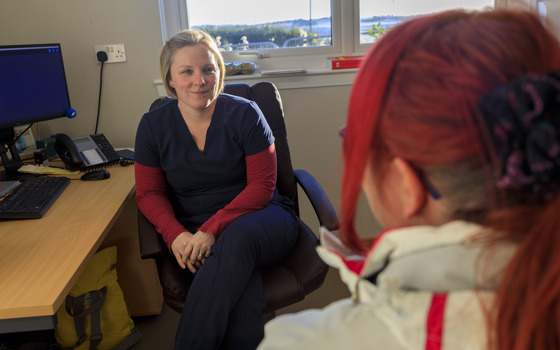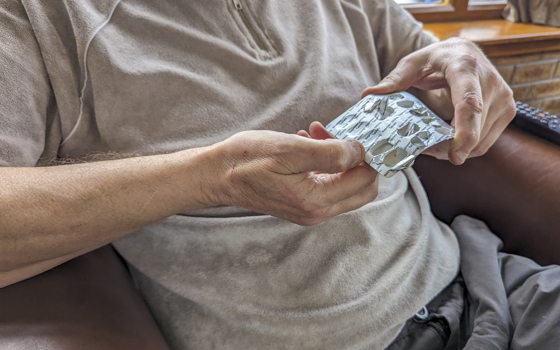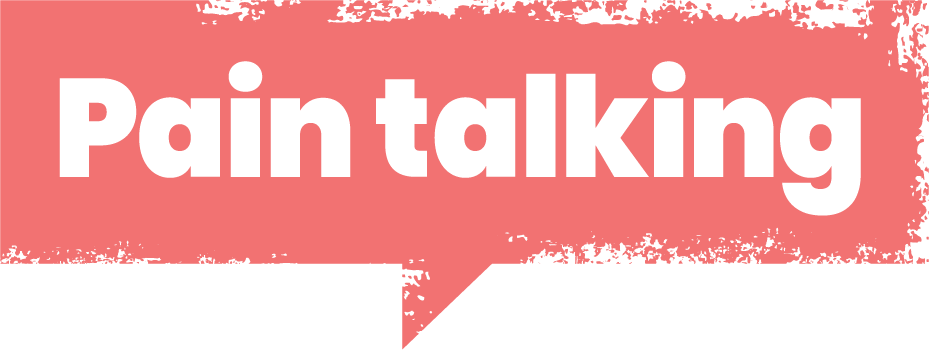What do we mean by Supported Self Management?
Supported self management is exactly as it sounds. It is about creating a network or community around about you that understand your experience and can help you with your pain management understanding. This is your support network. This might be healthcare professionals, other people managing pain. Or it may be friends, family, 3rd sector agencies, your employer or you work colleagues.
The point is that it is really hard to do this on your own so you need the support of those around you -listen to the information from some of our people with lived experience
Who you might see
You might see a variety of healthcare professionals to help you manage your pain. Your GP will work with you to make sure you are seen by the right people to help you understand and manage your condition. Try to see the same GP, it can make your journey easier by building an ally with a good understanding of your experience.
Non-NHS services
At times you might choose to seek help or advice from services that are not in the NHS such as chiropractor, osteopaths, private physiotherapy or acupuncture for example. Make sure you let your NHS healthcare team know of any treatment you are receiving.
Support in the community
There are a number of organisations and services that offer 1 to 1 or group support locally such as Pain Association Scotland (groups).
Group Meetings — Pain Association
Let your healthcare team know at your review what you are attending to help inform your careplan.
Role of good communication
Pain can impact our relationships with other people in a number of ways. It can lead to us feeling as if we need or want to shut ourselves away. However being open and honest with those around us can be a really important part of managing persistent pain. It is important to build up a network of people around you who understand your pain and can provide help and support when you need it.
Tools to help good conversations
This web resource discusses ways to tell people what you need and why.
Learn more about communication.
Assertiveness
It can also be helpful to think about how you communicate with the people around you. Many of us can be used to putting the needs of others ahead of our own, and this can make it difficult to communicate our needs. Assertiveness is a way of communicating, which involves expressing your point of view in a way that is clear and direct, while still respecting others. Could you benefit from being more assertive to ensure that your voice is heard?
Learn more about assertiveness
In this section

Supported self management
How your network can understand your pain and help you
Supported self management
What's pain assessment?
How medicines, physical therapy or surgery might help you
What's pain assessment
Types of pain medicines
Medicines only benefit a quarter of those that take them
Types of pain medicines
The right treatments for my pain
Looking at treatment and the BRAN questions
The right treatments for my pain
For next steps visit: Taking control
